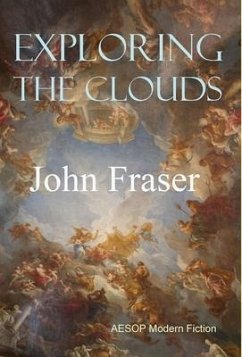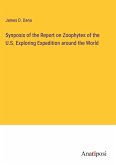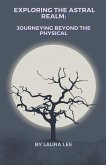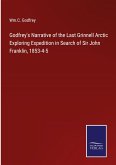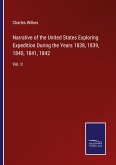Happiness needs time - you need to know what the past was like, and, even more inscrutable, what the future might entail. Torsten is an agent, travelling with the overbearing Manlio, a fixer, in South America; seeking merchandise for his boss and sponsor, Odette. Trade and capitalism bring little, and nothing that is gratifying. Odette hosts Elise, a beautiful elusive photographer, Torsten's distant delight - but she can be known, it seems, only indirectly, through images. The three travel the world, by balloon. They are cloud-high - too far up to find their goal. Torsten, disappointed, then tries manual work - digging, petty thieving, grave-digging, rigging the circus tent. It's hard, essential - and not for him. Finally, Odette proposes he seek happiness. In Exploring the Clouds, John Fraser explores the nature of happiness, betrayal, vengeance and the motivation for exploration, and its roots.
Hinweis: Dieser Artikel kann nur an eine deutsche Lieferadresse ausgeliefert werden.
Hinweis: Dieser Artikel kann nur an eine deutsche Lieferadresse ausgeliefert werden.

